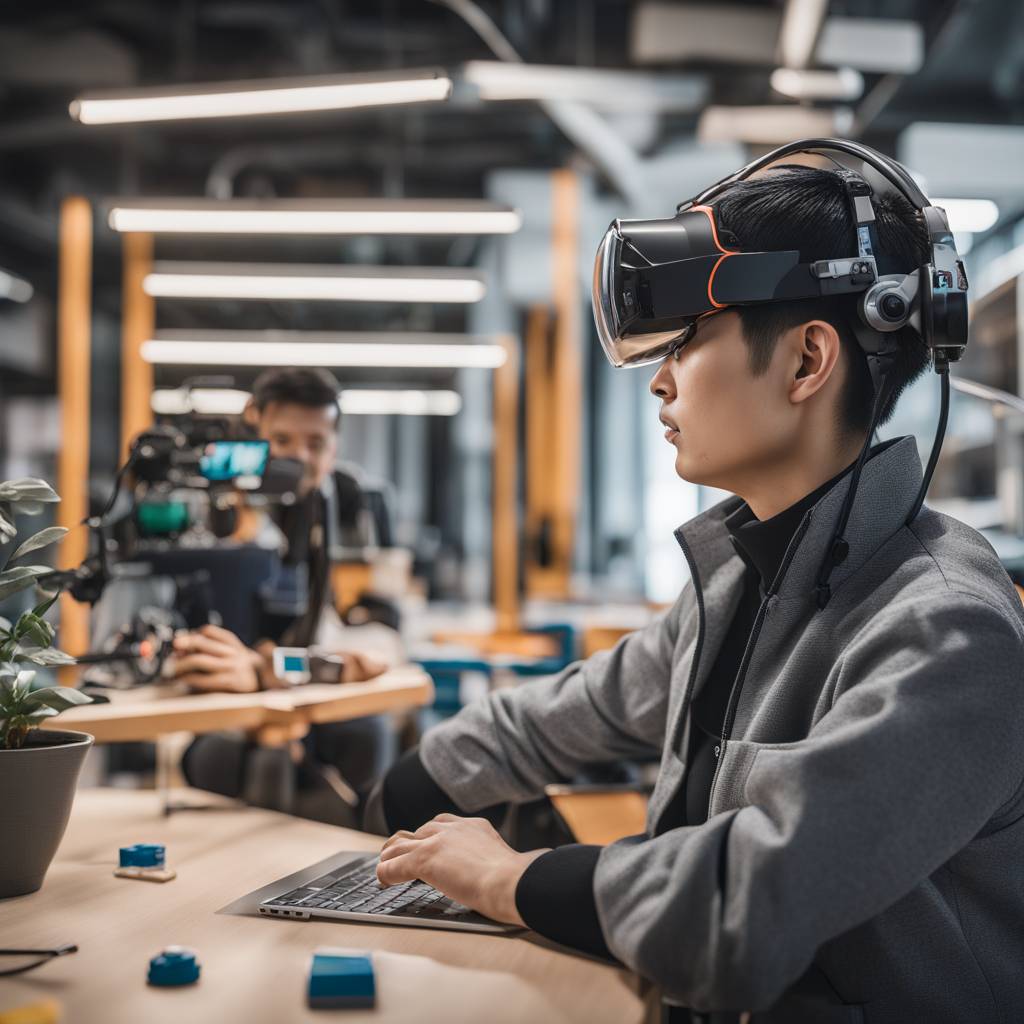Yifan Zhang, the managing director of the AI2 Incubator, offers a perspective on the pace and impact of AI innovation in the workforce, predicting that AI will gradually change work processes, leading to a shift towards more strategic tasks rather than tasks that are purely execution-oriented. She shares her insights in an episode of Shift AI, a podcast that examines how individuals can adapt to the evolving workplace in the digital age marked by remote work and AI technology. Zhang’s role involves investing in AI-first companies and supporting their growth within the Seattle technology ecosystem.
Zhang, who immigrated from China to the U.S. at a young age and attended Harvard, reflects on her early experiences as a startup founder. She founded her first company, GymPact, at the age of 22, developing a fitness app that utilized financial incentives to motivate users to exercise. The app was successful and became popular during the period of 2012 to 2015. Zhang’s second startup, Loftium, focused on affordable housing and helped individuals become homeowners by enabling them to generate income through short-term rentals within their homes. Loftium raised significant venture capital funding and ultimately sold to Flyhomes in Seattle in 2023.
The AI2 Incubator, where Zhang is currently working, approaches startup support differently by focusing on enhancing AI solutions beyond prototyping stages to create viable products that meet customer needs. The incubator aims to help startups progress from 80% to 90% or 95% acceptability within a short timeframe. Zhang emphasizes the importance of the “three T’s” – team, traction, and technology – in the company building process, advising founders to prioritize these aspects based on their stage of development and market conditions.
Choosing to work with the AI2 Incubator over traditional investor roles, Zhang appreciates the hands-on involvement and collaboration with startups that the incubator model allows. She finds the incubator’s approach of acting as a co-founder with funding support appealing, as it enables her to contribute her expertise directly to the growth of the companies in the incubator. Looking towards the future of work post-AI, Zhang envisions a shift towards more strategic roles for individuals, as AI technology streamlines processes and optimizes tasks, allowing for more efficient and forward-thinking work practices.
In conclusion, Yifan Zhang’s experiences as a startup founder and her current role at the AI2 Incubator provide valuable insights into the evolving landscape of AI innovation in the workforce. Through her diverse background and entrepreneurial achievements, Zhang offers a unique perspective on the opportunities and challenges presented by AI technology in shaping the future of work. Her focus on strategic thinking, collaboration, and continuous innovation underscores the importance of adapting to the changing workplace dynamics driven by AI advancements. As she continues to support and mentor AI startups, Zhang’s contributions to the technology ecosystem in Seattle and beyond are poised to have a lasting impact on the industry.


